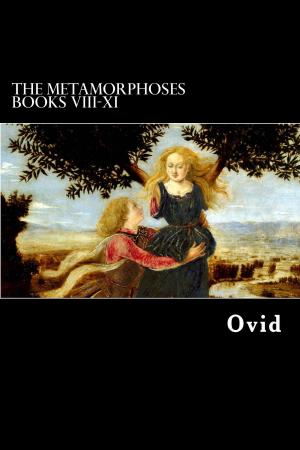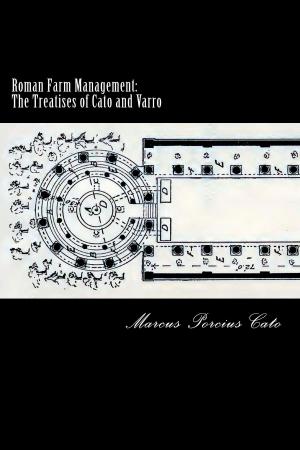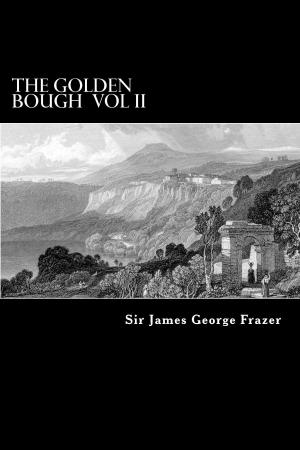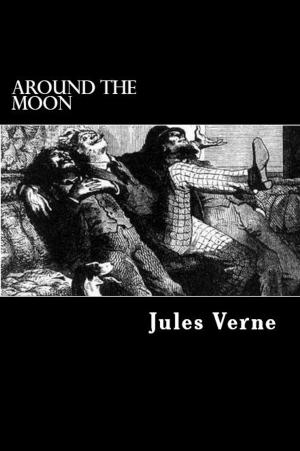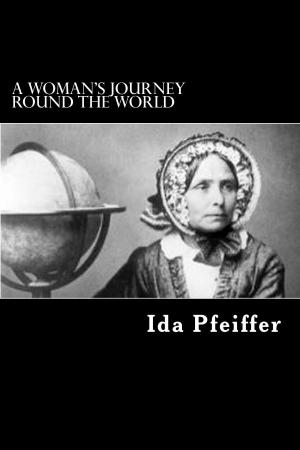The Travels of Sir John Mandeville
Nonfiction, Travel, Asia, India, Caribbean & Latin America, South America, History, Civilization| Author: | Sir John Mandeville | ISBN: | 1230000100823 |
| Publisher: | Herne Ridge Ltd. | Publication: | January 20, 2013 |
| Imprint: | Language: | English |
| Author: | Sir John Mandeville |
| ISBN: | 1230000100823 |
| Publisher: | Herne Ridge Ltd. |
| Publication: | January 20, 2013 |
| Imprint: | |
| Language: | English |
"Jehan de Mandeville", translated as "Sir John Mandeville", is the name claimed by the compiler of The Travels of Sir John Mandeville, a book account of his supposed travels, which probably first appeared in Anglo-Norman French, and first circulated between 1357 and 1371.
Translated into many other languages it acquired extraordinary popularity. Despite the extremely unreliable and often fantastical nature of the travels it describes, it was used as a work of reference — Christopher Columbus, for example, was heavily influenced by both this work and Marco Polo's earlier Il Milione.
The most recent theory suggests that The Travels of Sir John Mandeville was “the work of Jan de Langhe, a Fleming who wrote in Latin under the name Johannes Longus and in French as Jean le Long.” Jan de Langhe was born in Ypres early in the 1300s and by 1334 had become a Benedictine monk at the abbey of Saint-Bertin in Saint-Omer which was about 20 miles from Calais. After studying law at the University of Paris, de Langhe returned to the abbey and was elected abbot in 1365. He was a prolific writer and avid collector of travelogues, right up to his death in 1383.
"Jehan de Mandeville", translated as "Sir John Mandeville", is the name claimed by the compiler of The Travels of Sir John Mandeville, a book account of his supposed travels, which probably first appeared in Anglo-Norman French, and first circulated between 1357 and 1371.
Translated into many other languages it acquired extraordinary popularity. Despite the extremely unreliable and often fantastical nature of the travels it describes, it was used as a work of reference — Christopher Columbus, for example, was heavily influenced by both this work and Marco Polo's earlier Il Milione.
The most recent theory suggests that The Travels of Sir John Mandeville was “the work of Jan de Langhe, a Fleming who wrote in Latin under the name Johannes Longus and in French as Jean le Long.” Jan de Langhe was born in Ypres early in the 1300s and by 1334 had become a Benedictine monk at the abbey of Saint-Bertin in Saint-Omer which was about 20 miles from Calais. After studying law at the University of Paris, de Langhe returned to the abbey and was elected abbot in 1365. He was a prolific writer and avid collector of travelogues, right up to his death in 1383.





